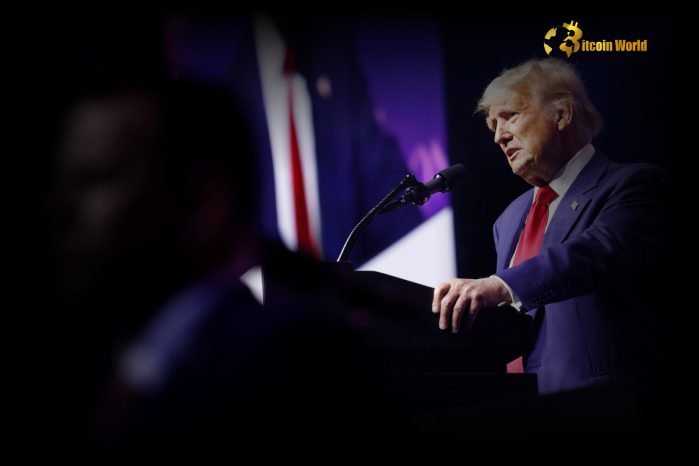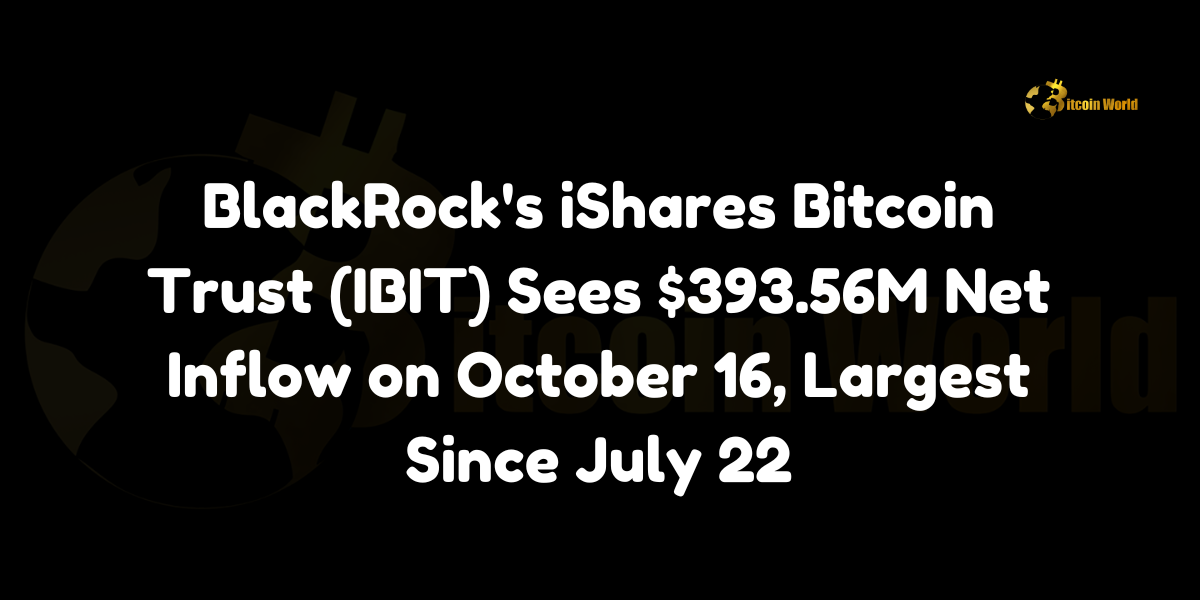Big Tech CEOs Congratulate Trump on Election Win, Signal Future Collaboration
Leading Big Tech CEOs, including Amazon’s Jeff Bezos, Meta’s Mark Zuckerberg, and Apple’s Tim Cook, took to social media to congratulate President-elect Donald Trump on his recent election victory. With this outcome, the technology industry is preparing for potential shifts in policy under the new Trump administration, sparking a wave of public endorsements from influential tech leaders.
Why Big Tech’s Response Matters
The technology sector is a major player in U.S. economic growth and innovation, but it faces potential scrutiny as anti-Big Tech sentiment and discussions on AI deregulation gain traction. This response from industry leaders signals their readiness to collaborate on Trump’s policy goals while positioning their companies favorably for a potentially shifting regulatory environment.
As Trump prepares to enter office, CEOs across the tech industry appear to be aiming for a collaborative tone. The industry is particularly sensitive to discussions around antitrust laws and export controls, especially concerning AI and quantum computing technologies. Future regulatory and economic policies could significantly impact both Big Tech’s operations and its international competitiveness.
Key Statements from Big Tech Leaders
Below are highlights of statements from notable Big Tech CEOs, who conveyed optimism and a willingness to engage with the upcoming administration:
Jeff Bezos (Amazon): Bezos praised Trump’s “extraordinary political comeback and decisive victory,” highlighting the potential for “big opportunities” in the U.S. He emphasized his commitment to working with Trump’s administration to support customers, communities, and innovation.
Mark Zuckerberg (Meta): In a post on Threads, Zuckerberg noted “great opportunities ahead for the country” and expressed enthusiasm for collaboration. Despite previous tensions with Trump, Zuckerberg’s message stressed cooperation.
Sundar Pichai (Google/Alphabet): Pichai described this period as a “golden age of American innovation,” expressing his commitment to making the benefits of technology accessible to all Americans.
Sam Altman (OpenAI): Altman posted his congratulations and underscored the importance of U.S. leadership in developing AI with democratic values, reflecting his commitment to responsible innovation.
Tim Cook (Apple): Cook highlighted Apple’s dedication to fueling U.S. growth through innovation, stating, “We look forward to engaging with you and your administration to ensure America leads with ingenuity and creativity.”
Satya Nadella (Microsoft): Nadella emphasized Microsoft’s goal to “drive forward innovation” and enhance growth opportunities for the U.S., signaling support for policies fostering technological advancement.
Pat Gelsinger (Intel): Gelsinger expressed enthusiasm for working with Trump’s administration to solidify America’s leadership in technology and manufacturing.
These public endorsements showcase Big Tech’s attempt to align with the new administration’s priorities, potentially aiming to secure favorable policy outcomes, especially as AI and technology innovation become central to the national agenda.
Policy Implications and Industry Concerns
As Trump assumes office, his administration is expected to review key policy areas that impact Big Tech, particularly antitrust laws and export controls:
Antitrust Scrutiny: Both Trump and allies like JD Vance have criticized Big Tech’s market consolidation and influence. The administration’s approach to antitrust policy could impact mergers, acquisitions, and the overall landscape of tech competition.
Export Controls on AI and Quantum Computing: With advanced technologies playing a strategic role in national security, export control policies on AI and quantum computing will be pivotal. These policies could influence Big Tech’s international partnerships, as well as its ability to compete globally in emerging fields.
AI Deregulation: The tech industry has lobbied for minimal restrictions on AI development, hoping for a policy environment that allows rapid innovation. Champions of deregulation may find an ally in Trump, who has previously promoted industry-friendly policies.
Semiconductor Industry Uncertainty: With the U.S. semiconductor sector facing global supply challenges, companies like Intel have vested interests in policy support for domestic manufacturing and international competitiveness.
Big Tech’s Strategic Pivot
The election result has encouraged Big Tech leaders to reposition themselves, given Trump’s history of scrutinizing companies he perceives as politically opposed. By congratulating Trump and signaling openness to collaboration, CEOs are reinforcing their commitment to innovation while seeking to establish productive relationships with the administration. This approach reflects an understanding of Trump’s influence on policy and the potential risks of being on his watchlist.
According to data from OCR Network shared with Axios, around 13% of Fortune 100 CEOs have publicly addressed the election outcome, and nearly all are from the tech industry. This strong response highlights the industry’s recognition of Trump’s significant influence on the business landscape and a strategic decision to engage positively.
Conclusion
As Big Tech prepares for a new chapter under Trump’s leadership, its CEOs have expressed optimism and a desire for partnership. Statements from Amazon, Meta, Google, Apple, and others reflect a collective willingness to work with the administration on policies affecting technology, innovation, and economic growth.
The future of Big Tech under Trump’s administration will likely center on issues of antitrust regulation, export control, and AI governance. The tech industry’s collaborative tone may help shape these discussions, potentially fostering a regulatory environment that encourages growth while balancing the need for oversight.
For more insights into Big Tech’s relationship with the new administration and policy implications, read our in-depth analysis on the evolving dynamics in U.S. tech regulation.





